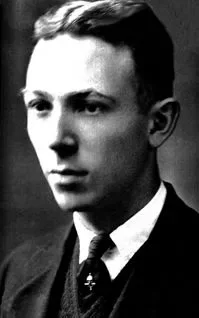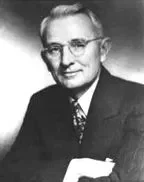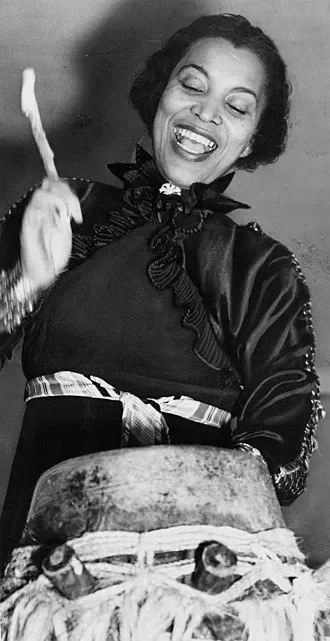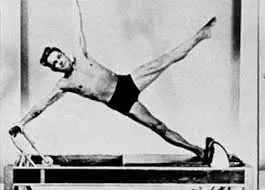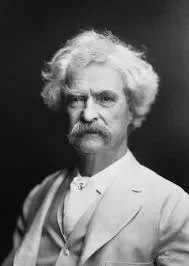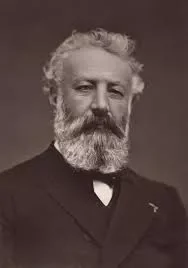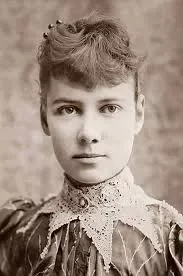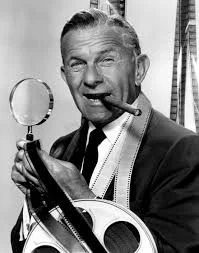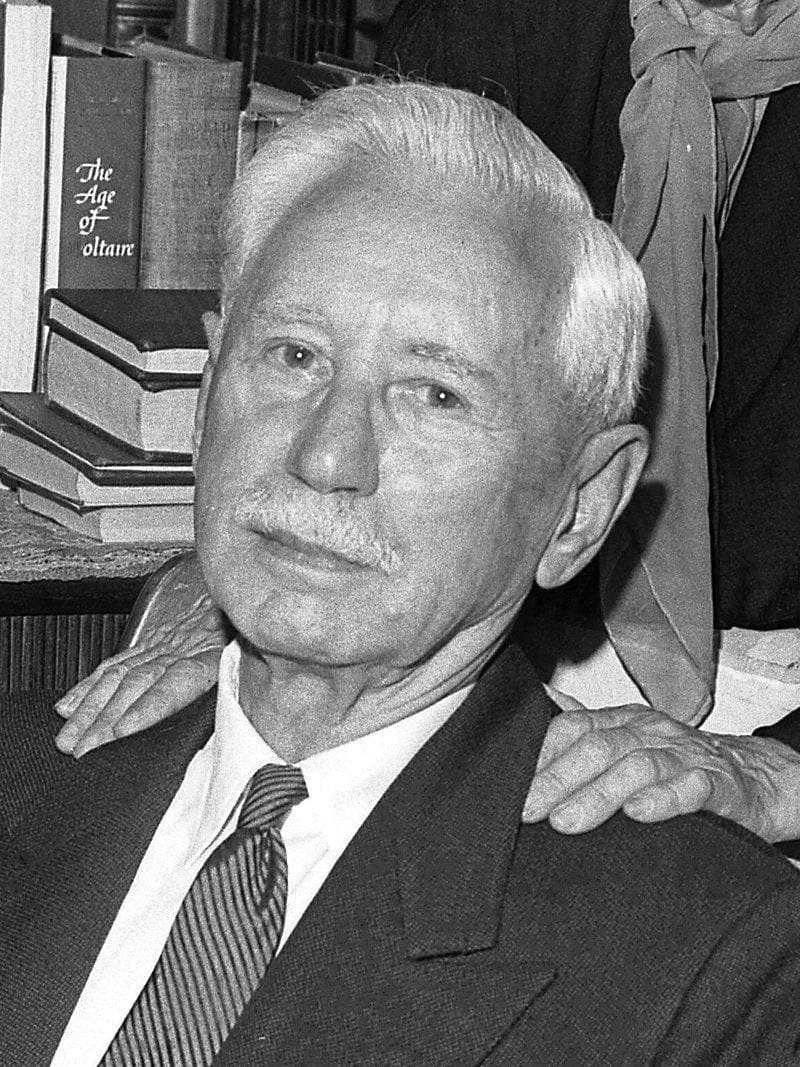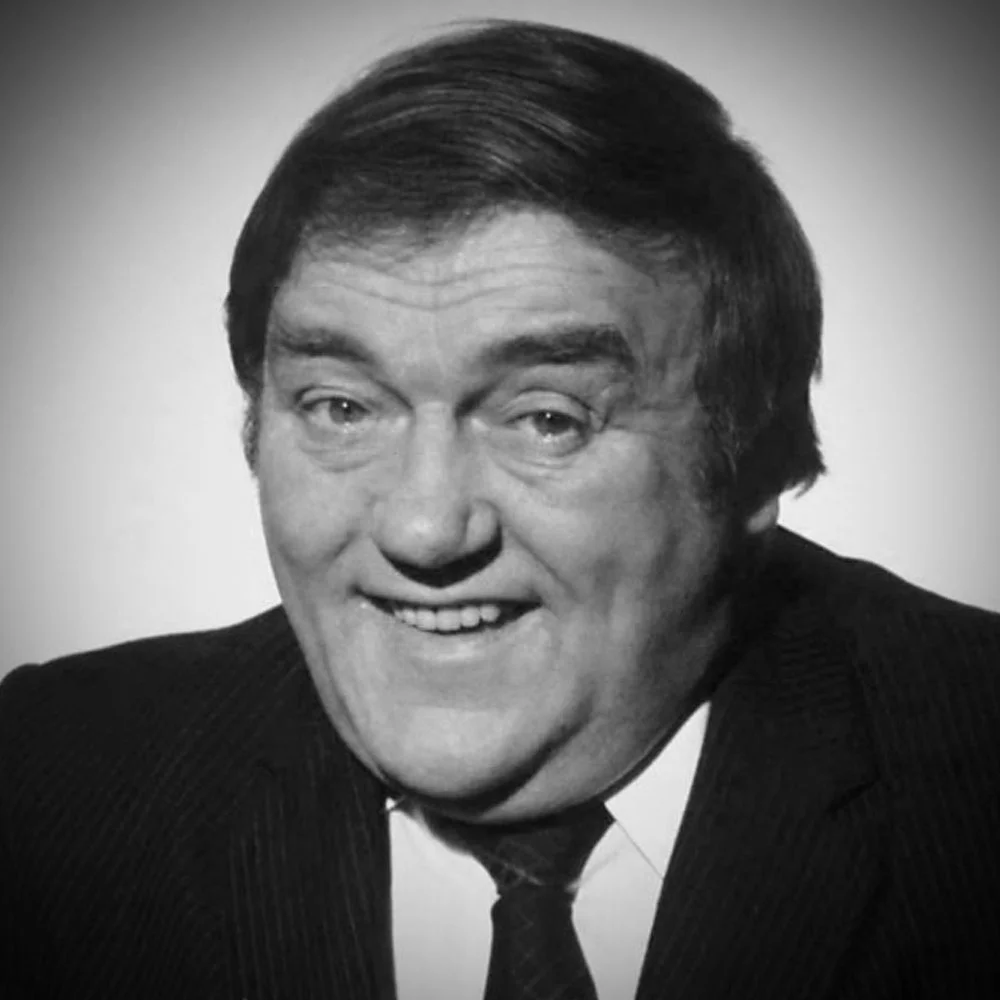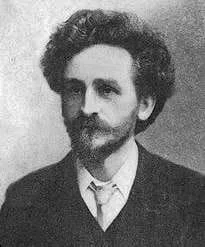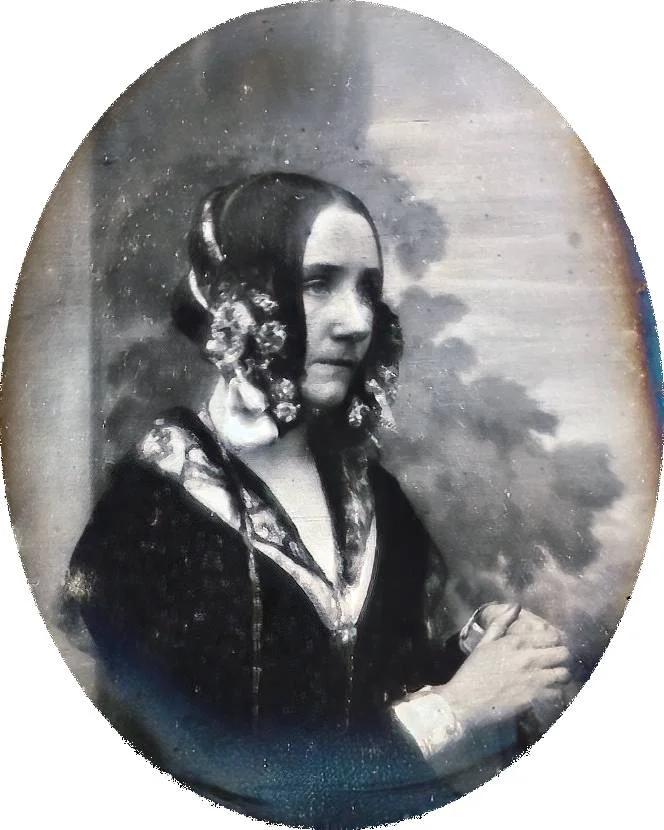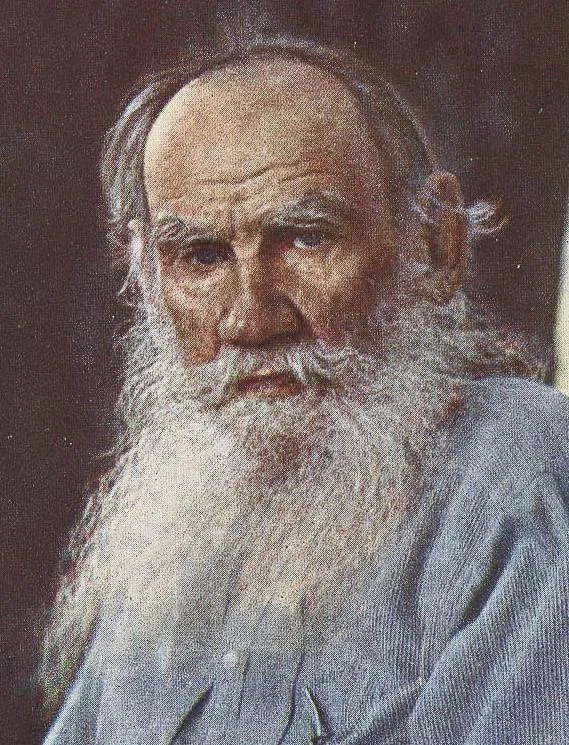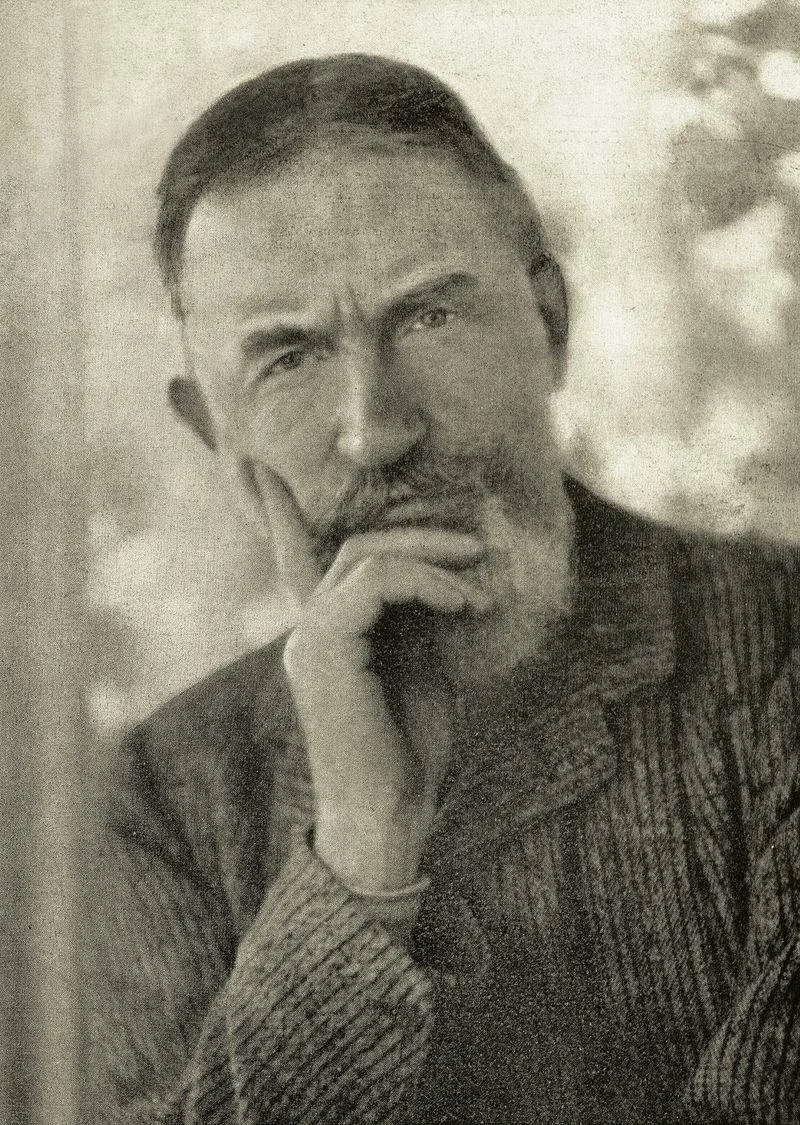Real Celebrities Never Die!
OR
Search For Past Celebrities Whose Birthday You Share
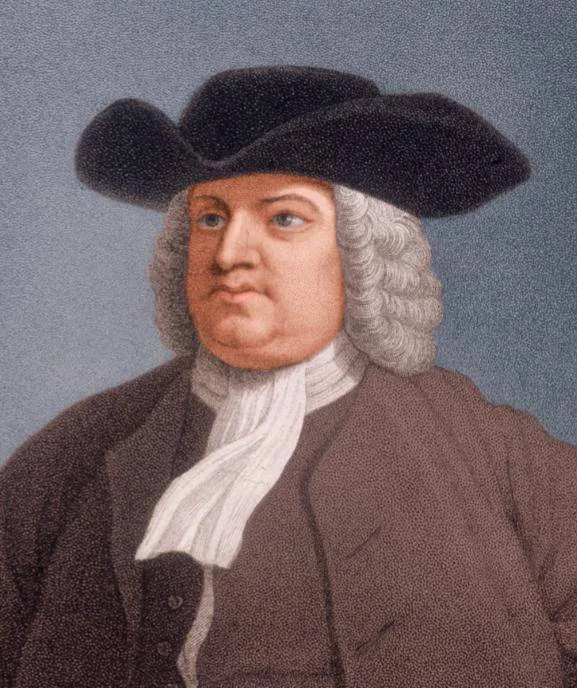
source: wikipedia.org
William Penn
Birthday:
14 Oct, 1644
Date of Death:
30 Jul, 1718
Cause of death:
Unknown
Nationality:
British, American
Famous As:
Colonial proprietor of Pennsylvania
Age at the time of death:
73
William Penn's Quote's
Introduction
William Penn was an English writer, religious thinker, and influential Quaker who was the founder of the Province of Pennsylvania during the British colonial period. Born in London, England in 1644, he was the son of Admiral Sir William Penn and Margaret Jasper.
In 1681, King Charles II granted Penn a substantial portion of his North American land holdings along the coast of the North Atlantic Ocean. This grant was given to offset the debts owed by the king to Penn’s father, Admiral Sir William Penn, who was both an admiral and a politician. The land granted to Penn included what is now known as Pennsylvania and Delaware.
Penn’s Journey to British America
The following year, in 1682, Penn left England and sailed to British America, specifically through Delaware Bay and the Delaware River. Along this journey, he passed by earlier Swedish and Dutch riverfront colonies located in what is now known as New Castle, Delaware.
The Founding of Philadelphia
During this journey, the colonists pledged their allegiance to Penn as their new proprietor, and the first Pennsylvania General Assembly took place. Afterward, Penn continued his journey northward up the Delaware River and founded Philadelphia on the western bank of the river.
The Quaker government established by Penn did not receive a favorable response from the previous Dutch, Swedish, and English settlers in what is now called Delaware. To make matters worse, the land was also claimed by the Calverts and Lord Baltimore, who was the proprietor family of the neighboring Province of Maryland for fifty years. These earlier colonists had no historical loyalty to Pennsylvania and wasted no time in demanding their own representative assembly.
The Formation of the Delaware Colony
Finally, after twenty-three years in 1704, their efforts paid off as the three southernmost counties of provincial Pennsylvania were granted permission to separate and form the semi-autonomous Delaware Colony. The town of New Castle, the original Swedish colony, became the first capital of this new colony due to its prominence, prosperity, and influence.
William Penn’s Literary Contributions
Penn, an incredibly prolific writer, penned numerous works such as “No Cross, No Crown,” “The Great Case of Liberty of Conscience,” and “Primitive Christianity Revived.” He was also a strong advocate for religious tolerance and gained recognition for his friendly relations and successful treaties with the Lenape Native Americans who inhabited present-day Pennsylvania before European settlers arrived.
Legacy and Influence
Penn’s democratic principles, articulated in the West Jersey Concessions and the Pennsylvania Frame of Government, served as a significant source of inspiration for the delegates at the Constitutional Convention in Philadelphia who ultimately crafted and ratified the U.S. Constitution in 1787.
On July 30, 1718, Penn passed away at the age of 73 in Ruscombe, Berkshire, England. His enduring contributions to democracy, religious tolerance, and peaceful governance remain a significant part of his legacy.
Name:
William Penn
Popular Name:
William Penn
Gender:
Male
Cause of Death:
Unknown
Spouse:
Place of Birth:
London, England
Place of Death:
Ruscombe, Berkshire, England
Occupation / Profession:
Personality Type
Protagonist: William Penn was known for his rebellious attitude. He followed his heart and did what he believed to be right.
After his passing, his second wife took charge as Proprietor of Pennsylvania for over a decade.
Although he founded Pennsylvania, he didn’t come up with its name.
He played a significant role in Pennsylvania’s first witch investigation.
He was made in charge of a new world colony because King Charles II was indebted to his father.
William Penn was arrested multiple times due to his friendship with King James II.
William Penn was once expelled from Oxford.
William Penn founded the Province of Pennsylvania.

